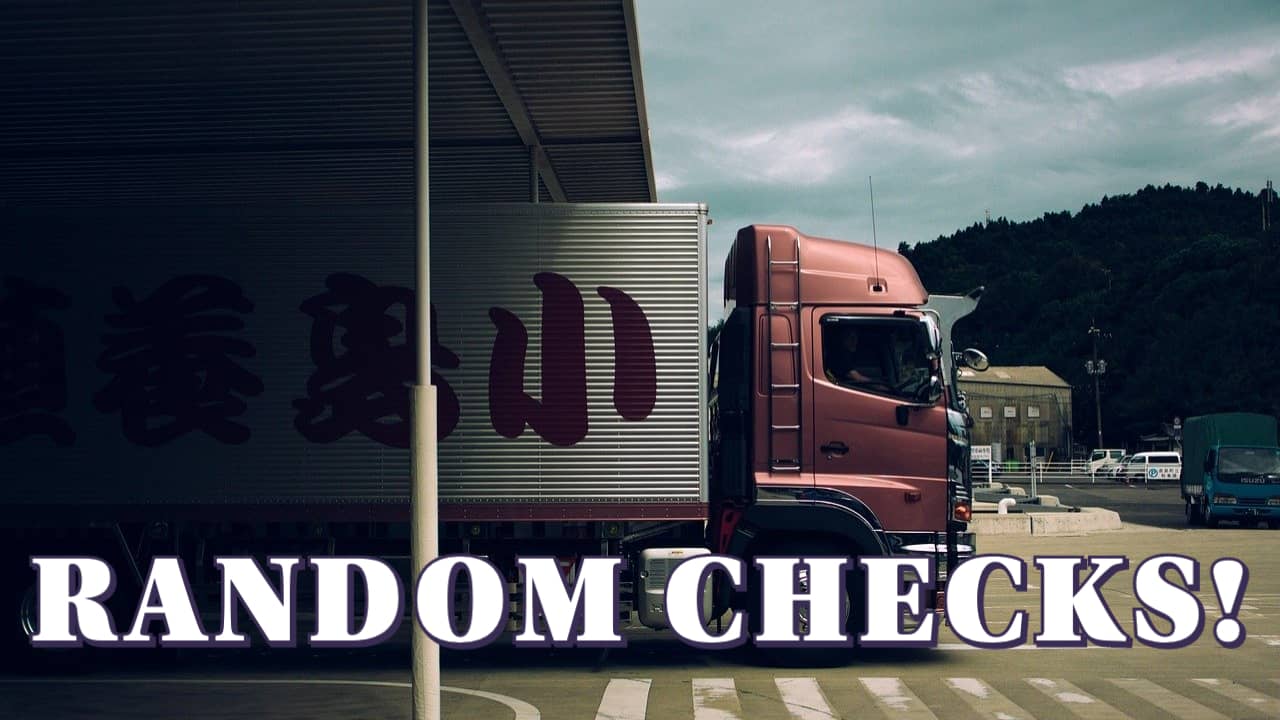
Dangerous Goods: Calculating the Cost of Your Errors
5-minute read
You may not be aware of all the risks of dangerous goods (DG) transport domestically. By “dangers” I am referring to miss declarations, errors in manifests or outright failure to declare DO.
International shipping companies are starting to crack down on dishonest shippers by threatening significant financial penalties for misdeclared shipments.
Evergreen has fines ranging from US$4000 to US$35,000, Hapag-Lloyd imposes a US$15,000 fine per misdeclared box and OOCL has enhanced checks and a hazardous cargo misdeclaration fee, the extent of which will depend on the extent of any disparity.
Penalising shippers where deficiencies are found has to be the final step in pushing for better dangerous good compliance.
This column has on several occasions stressed the importance of DG compliance due to the immense danger to life and limb, as well as to cargo, ship and port infrastructure.
The leading international freight and logistics insurer, TT Club, estimates that across the world there are ship fires weekly and on average a major fire every 60 days.
In 2019 this became front-page news when a chemical explosion ripped through a containership at the port of Laem Chabang in Thailand, sending over 200 people to the hospital with burns, eye irritation and breathing difficulties.
A wharf was damaged and berths closed after the chemical at the source of the explosion, calcium hypochlorite, a disinfecting and bleaching agent used in water treatments, apparently self-ignited.
The containers housing the chemical were recorded on the manifest as containing “toys”.
For years, Cook Strait ferry operators have been concerned that our domestic shipping practices for DG need tightening, for fear of fires or explosions on board.
While DG can be carried on ferries, they must be declared and classified in line with international and New Zealand regulations.
I understand KiwiRail decided a while ago not to carry class one explosives on rail or its ferries, with the exception of small ammunition, because restrictions made it costly and disruptive.
The ship operators’ concerns were based on chance discoveries of trucks carrying undeclared or incorrectly labelled dangerous goods, and truckies being caught attempting to take undisclosed DG on regular sailings, instead of catching early-morning departures which carry fewer passengers but allow cargo deemed higher-risk.
The ship’s master has the right to rely on the shipping documents provided by the trucking company.
Ferry staff check paperwork and there have been occasions where cargo has been rejected from sailings.
However, non-disclosure or failure to disclose DG in the booking or the accompanying paperwork entirely undermines the system.

As concerns about DG carriage have increased, both domestically and globally, the ferry companies and their industry body, the NZ Shipping Federation, escalated the situation, resulting in discussions involving the NZ Transport Agency, Maritime New Zealand, WorkSafe and the Environmental Protection Agency.
The practical upshot was a collaborative effort in which Maritime NZ and partner regulatory agencies mounted joint compliance and information-gathering operation.
Spot checks were undertaken in Wellington, Picton and Blenheim on vehicles and cargoes potentially destined for the Cook Strait ferries, to determine whether dangerous goods were being loaded, transported and documented in accordance with road and maritime transport rules and regulations.
Interislander and Strait NZ Bluebridge ferry staff provided cargo manifests, declarations and relevant documents.
The checks were conducted by maritime officers, flag state inspectors, inspectors appointed under the Health and Safety at Work Act and Hazardous Substances and New Organisms Act plus a senior Maritime NZ manager to both support Police at road layby areas and to observe cargo loading activities at the Wellington and Picton port entry areas.
Maritime NZ issued a media release after the exercise. Inspections were undertaken on 88 vehicles – of which all but five were commercial trucks ~ stopped at five locations in Wellington, Picton and Blenheim.
The locations were well spread and were not necessarily right on the doorstep of the ferry terminals, namely Plimmerton (north of Wellington), Tuamarina and Spring Creek (north of Blenheim), plus CentrePort and the Port of Picton.
Of the vehicles inspected, 48 intended to travel on a Cook Strait ferry. A total of 21 of the 88 vehicles were carrying dangerous goods.
It means that a quarter of trucks stopped at random were carrying DG. Whether that can be taken as a guideline for general trucking movements around NZ is debatable, but it does suggest that DG features in a much higher percentage of road freight movements than might be first thought.
Were there any warnings or infringement notices/ actions taken as a result of checks? Maritime NZ says that standards were good overall and it didn’t need to take any compliance actions, with the focus being on education and advice.
Police advised that they issued one infringement notice for a minor compliance issue regarding placarding but overall, they too were pleased to see a high level of compliance around dangerous goods.
The next step will be for the joint agencies to undertake further analysis of the / information obtained to help inform any future compliance focus.
On the wider front, the Road Transport Forum has reminded its members that drivers need appropriate DG endorsements on their licences, and to ensure their paperwork is in order.
Police as a matter of course occasionally carry out random safety checks on commercial vehicles, including DG carriage compliance, but are now paying additional attention to this issue.
While it is pleasing to see this exercise has revealed good standards of DG compliance, and the emphasis on education and advice is to be applauded, there remains the need to come down hard if serious breaches occur or a particular firm or drivers are shown to be serial offenders.
SOURCE: NZ Shipping Gazette
P.S. Easy Freight Ltd helps New Zealand importers & exporters to save money on international freight and reduce mistakes by guiding how to comply with Customs and biosecurity rules.
➔ Contact us now to learn how we can assist you.
